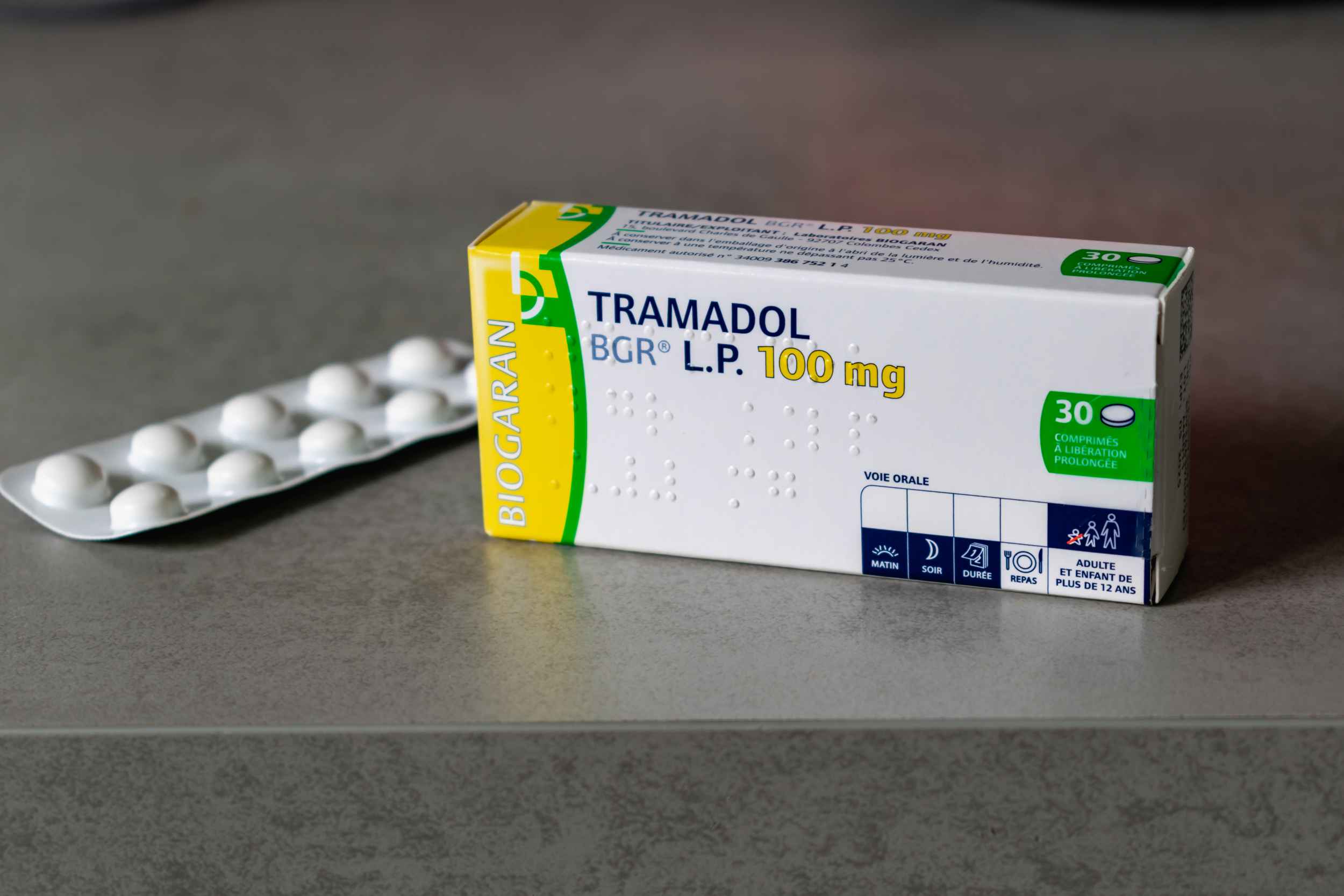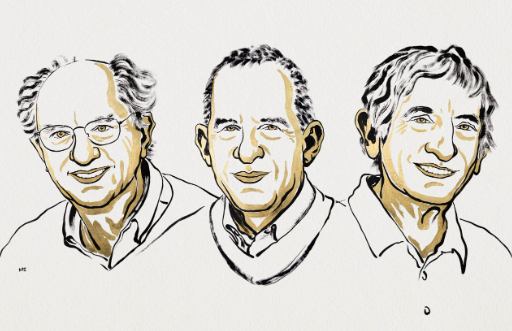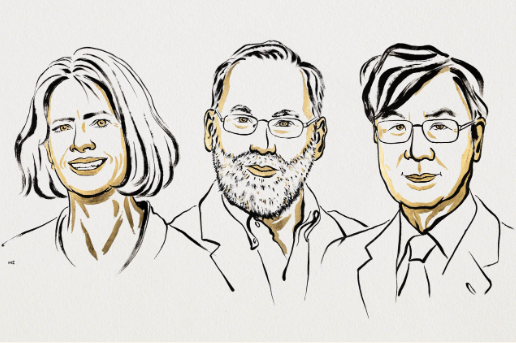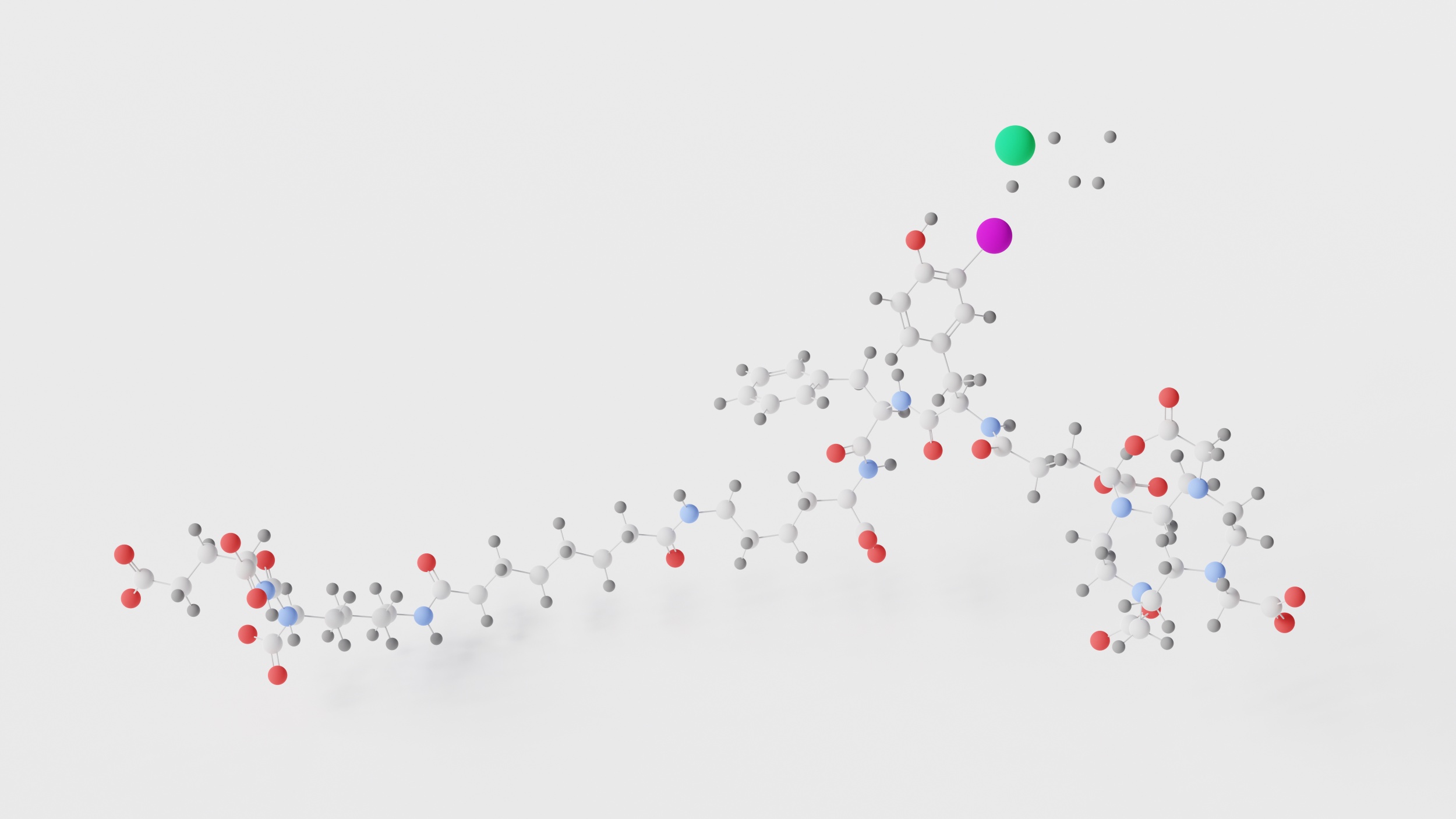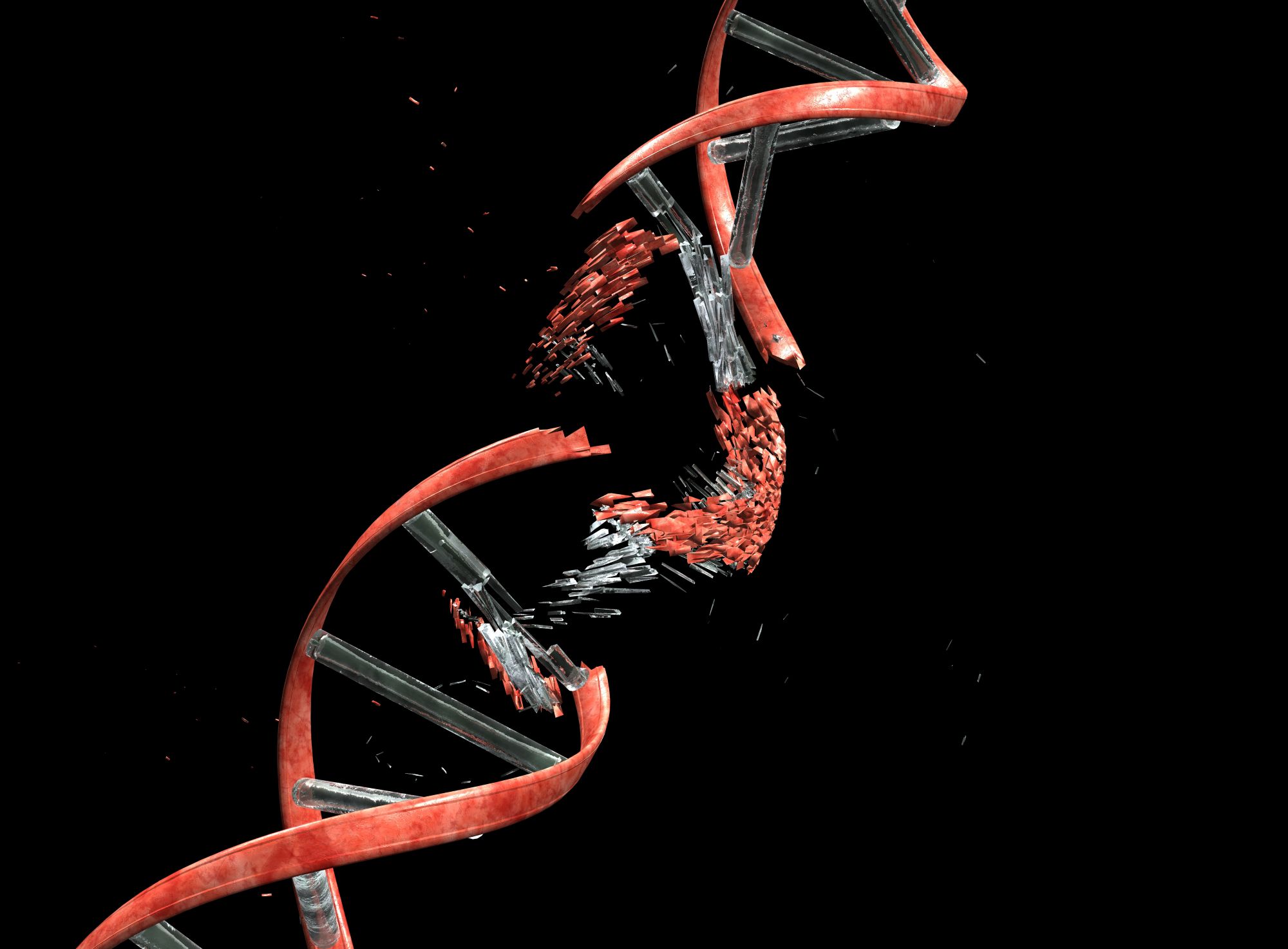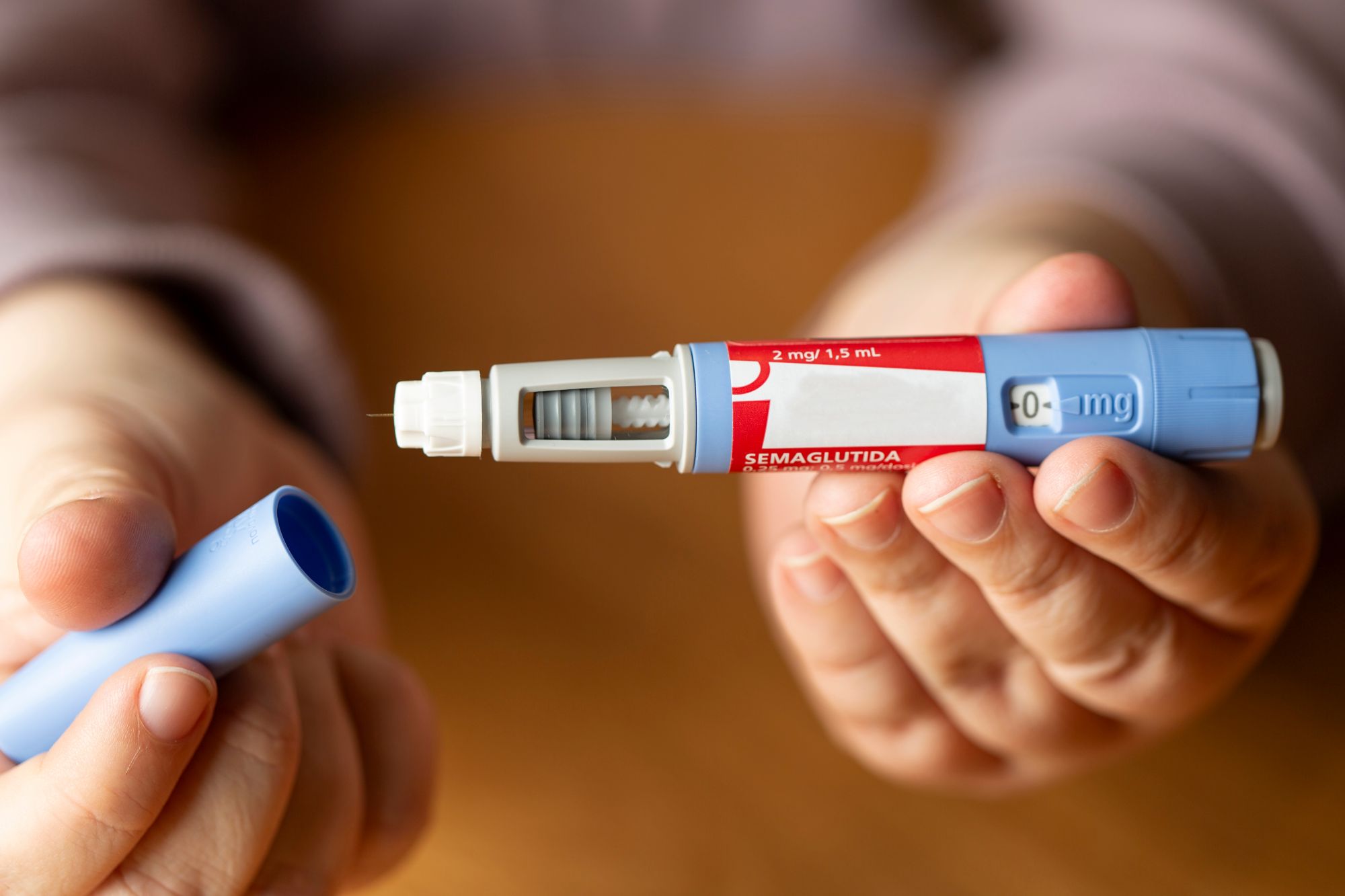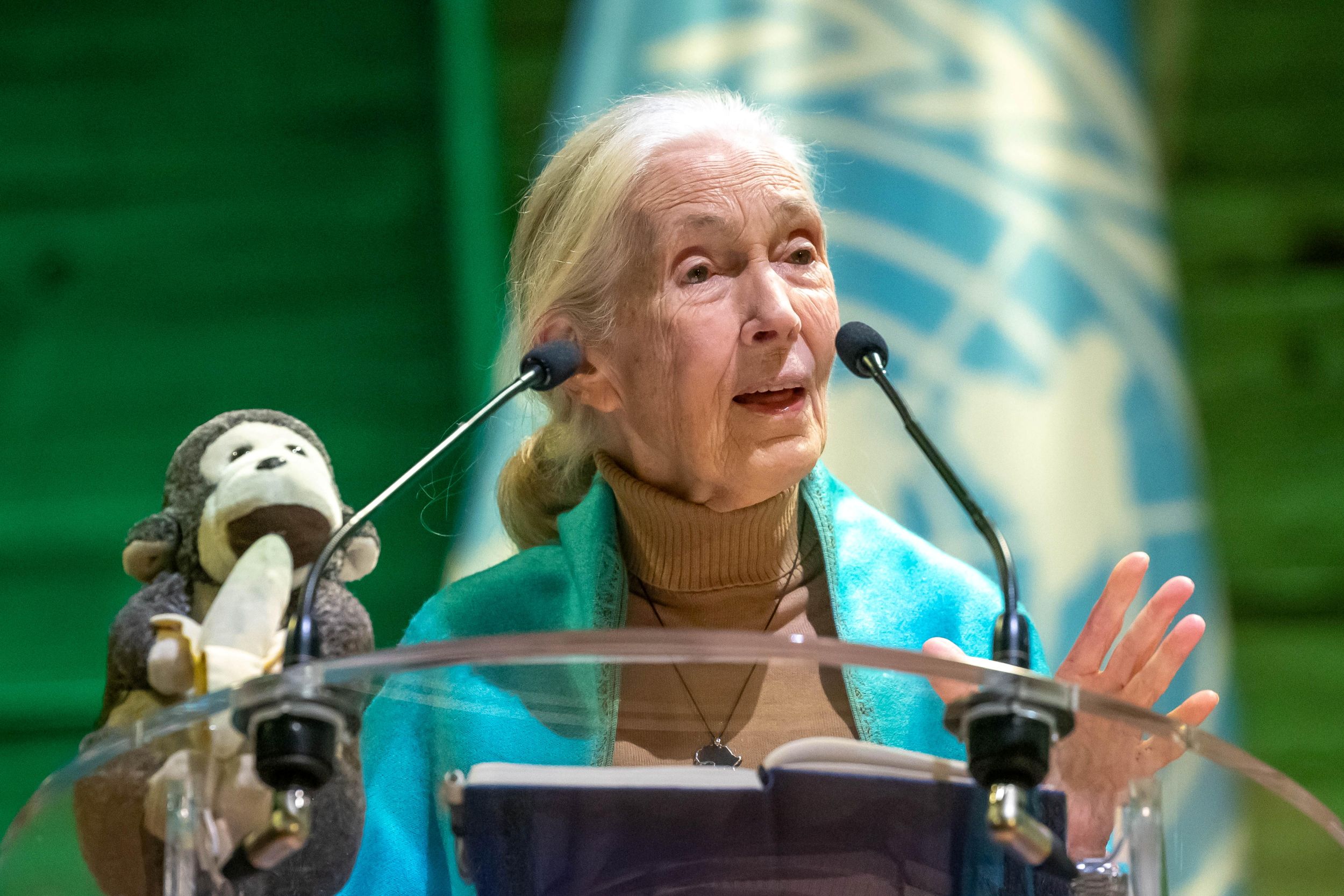A review questions the efficacy of the painkiller tramadol for chronic pain
Tramadol is a painkiller prescribed for chronic pain and is considered safer than other opioids. A systematic review with meta-analysis that included 19 clinical trials with more than 6,500 people showed that, although it relieved pain, the effect was small and below what would be considered clinically effective. In addition, the analysis indicated that the drug is likely to increase serious adverse events, particularly cardiac events. Although an increased risk of some types of cancer was also detected, the authors question this effect due to the short follow-up period. ‘Given the limited analgesic benefits and increased risk of harm, the use of tramadol for chronic pain should be reconsidered, with preference given to safer alternatives and additional high-quality trials to clarify its risk-benefit profile,’ the researchers note in the study, published in BMJ Evidence Based Medicine.
